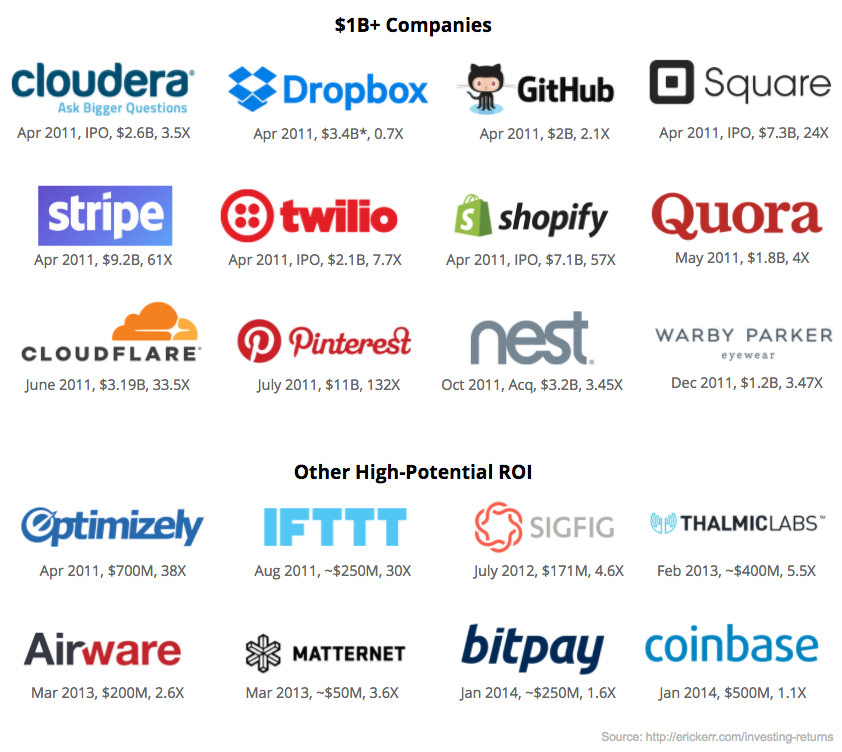Music investment companies have emerged as a thrilling new avenue for investors to combine their passion for music with the potential for financial growth. These companies pool funds from individual investors and direct them towards various projects within the music industry, ranging from supporting emerging artists to acquiring publishing rights.
By participating in these ventures, investors can have a direct impact on shaping the industry and potentially reaping financial rewards. Music investment companies offer diversification benefits and provide access to an alternative asset class driven by creativity, cultural shifts, and evolving consumer preferences.
While these investments come with risks, careful due diligence processes and expert guidance help mitigate them. Overall, music investment companies present an attractive option for individuals interested in both investing and exploring the exciting world of music.
How these companies have gained popularity in recent years
Advancements in technology, particularly the rise of streaming platforms and digital distribution channels, have revolutionized the music industry. This has created new revenue streams and opportunities for investors, leading to the increasing popularity of music investment companies.
Additionally, the emotional connection people have with music makes it an appealing asset class that offers both financial potential and personal enjoyment. The accessibility provided by online platforms has also democratized investing in music, allowing a wider range of individuals to participate directly in specific songs or catalogs.
These factors have contributed to the growing interest in music investment as an alternative investment option beyond traditional stocks and real estate.
Definition and Explanation of Music Investment Companies
Music investment companies are specialized firms that connect investors with opportunities in the music industry. These companies enable individuals to fund various aspects of music production, promotion, or distribution while offering potential returns on their investments.
Unlike traditional investment firms that focus on stocks or mutual funds, music investment companies allow individuals to finance specific projects or acquire rights to songs or catalogs. By pooling resources from multiple investors, these firms provide the capital needed to support music creators and potentially generate profits for investors.
These companies play a crucial role in today’s digital age, where technology has revolutionized how we consume music. Advancements in technology have created new avenues for artists to showcase their talent and reach wider audiences.
Music investment companies not only provide financial support but also valuable expertise and industry connections, connecting artists with investors who believe in their vision.
Investing in music through these firms offers benefits beyond monetary returns. It allows investors to actively support artists they admire while potentially gaining access to exclusive experiences like backstage passes or VIP event invitations.
This symbiotic relationship fosters a sense of community between artists and fans while providing unique opportunities for investors.
In summary, music investment companies bridge the gap between musicians seeking financial backing and investors looking for promising opportunities in the dynamic world of music. They empower artists to bring their creative projects to life while offering investors a chance to contribute to the growth and success of the industry.
How Music Investment Companies Differ from Traditional Investment Firms
Music investment companies differ significantly from traditional investment firms in terms of involvement and revenue opportunities. Unlike traditional firms, music investors have the chance to actively participate in decision-making processes, such as selecting projects or acquiring song rights.
This hands-on approach allows them to connect with the creative process and feel more engaged with their investments.
Moreover, while traditional firms focus solely on capital appreciation or dividends, music investment companies offer a wider range of revenue sources within the music industry. These include royalties from streaming platforms, licensing deals, merchandise sales, and live performances.
This diverse income stream provides investors with greater potential for returns and allows them to tap into the dynamic nature of the music industry.
In summary, music investment companies provide an interactive experience for investors by involving them in decision-making and offering various revenue streams within the music industry. This sets them apart from traditional investment firms focused solely on financial returns.
Examples of Well-Known Music Investment Companies
Prominent music investment companies have emerged, attracting both seasoned investors and newcomers. One notable example is Royalty Exchange, where individuals can invest in existing music catalogs and earn future royalty income.
Another example is Songvest, an online platform enabling fans to contribute funds to specific projects or artists they believe in.
These companies showcase the range of options available within the music investment industry, catering to different investor interests. Royalty Exchange connects investors with songwriters selling a portion of their royalties, providing reliable income streams.
Songvest allows fans to support musicians while potentially benefiting financially as artists grow.
Investing in music has become popular due to technology advancements and changing consumer behavior. Streaming platforms have made royalties a valuable asset class for alternative investments. These well-known music investment companies validate this trend, offering opportunities for artists and investors to thrive in the evolving industry.
Exploring Value Creation in the Music Industry
The music industry offers hidden opportunities for value creation that go beyond our playlists. Investing in publishing rights allows individuals to collect royalties from song streams and performances. Similarly, investing in master recordings opens revenue streams through licensing deals with films, commercials, and TV shows.
These unique investment avenues diversify portfolios and potentially increase returns while supporting artists directly. By exploring these untapped opportunities, investors can tap into a dynamic creative ecosystem that constantly evolves and adapts to societal changes.
Discussing the Potential for Growth and Profitability in Music Investments
The music industry has shown resilience and adaptability, despite challenges such as piracy and declining physical sales. Streaming platforms have breathed new life into the industry, leading to consistent global recorded music revenue growth.
Advancements in data analytics and artificial intelligence have empowered music companies to make informed decisions about artist signings, marketing strategies, and audience targeting. Investing in music taps into a dynamic industry that evolves with cultural shifts and technological advancements.
Opportunities for growth include increased accessibility through digital platforms, live performances driving revenue, and brand partnerships expanding monetization avenues for artists. By recognizing these opportunities, investors can benefit from the ongoing expansion of the music market.
Diversifying Your Investment Portfolio with Music Assets
Including music assets in your investment portfolio offers a unique opportunity for diversification. Unlike traditional asset classes, the performance of music investments is often independent of broader economic trends or stock market fluctuations, providing a potential safeguard against volatility.
Furthermore, investing in the dynamic music industry grants exposure to various revenue streams and access to specialized knowledge through prominent music investment companies. By diversifying with music assets, you can tap into a non-correlated sector and potentially enhance the stability and growth potential of your investment portfolio.
[lyte id=’qUa8qxYpls8′]






